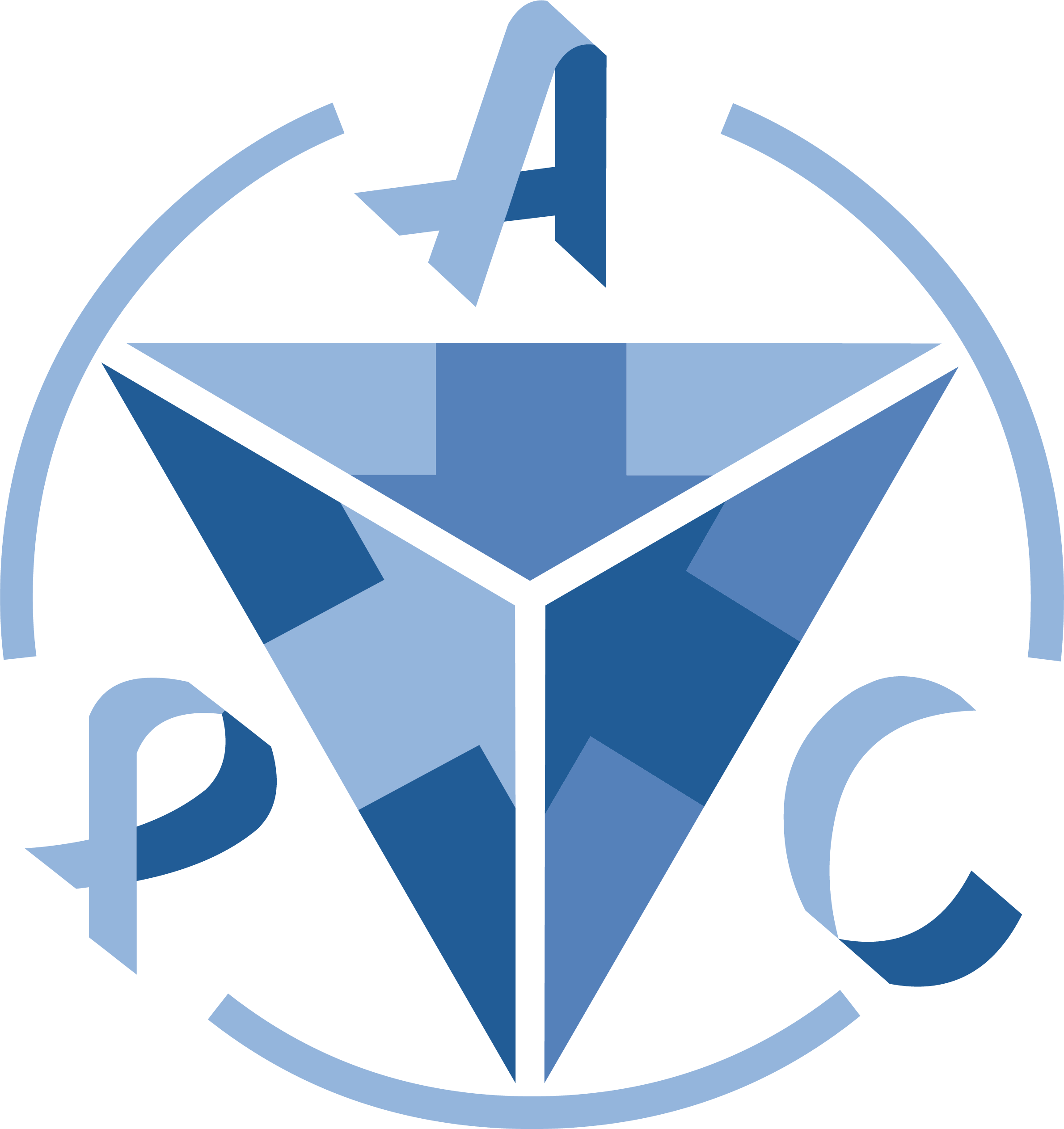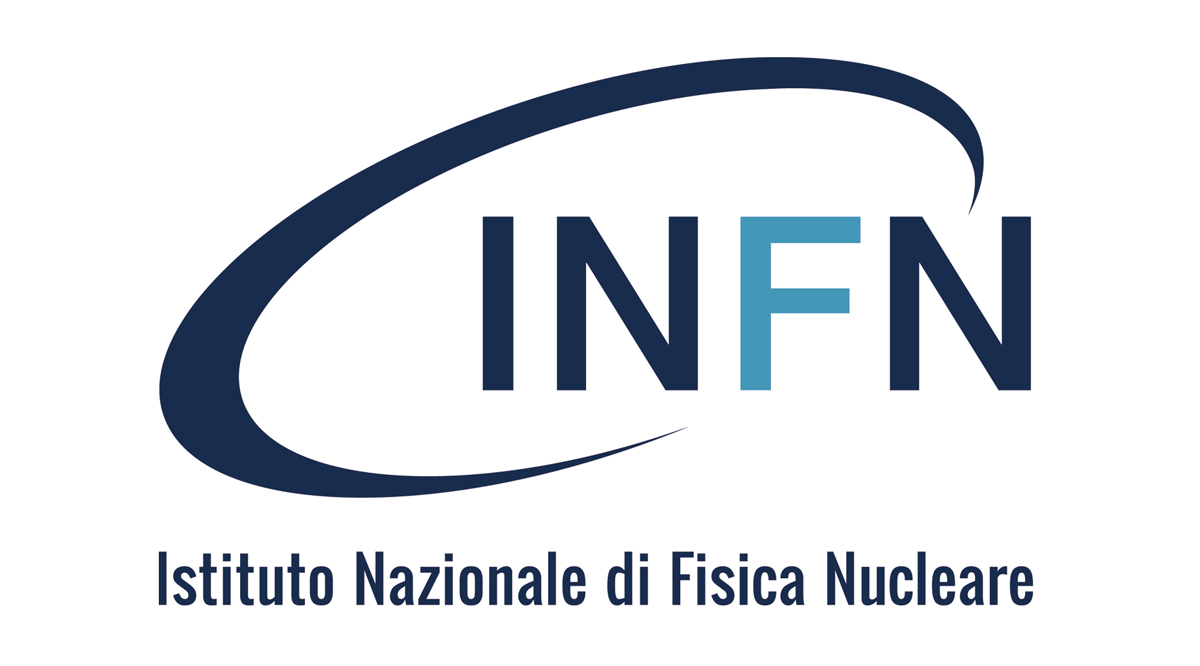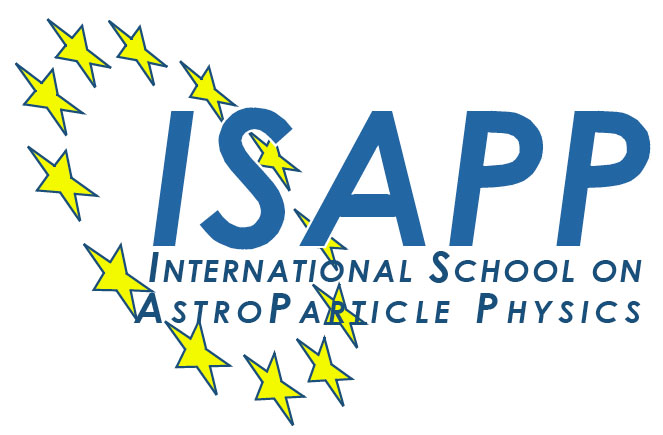ISAPP Summer School on Gravitational Waves 2021
Due to the COVID-19 pandemic, the school will be held completely in remote.
The international schools on astroparticle physics (ISAPP, https://www.isapp-schools.org/isapp-schools) are thematic schools lasting 10-15 days, addressed to MSc students, PhD students and young post-docs.
The first Virgo and LIGO detections marked the beginning of gravitational-wave astronomy. The detection of a black-hole merger in 2015 and the detection of the coalescence of a binary neutron star (and the associated electromagnetic counterpart) in 2017, have shown the potential of gravitational-wave science for astrophysics, cosmology, nuclear physics, and fundamental physics. After three observing periods (O1,O2 and O3 ), the number of GW sources increased drastically, and new types of sources have been detected (for instance an intermediate mass black-hole, or asymmetric mass binary systems). At present, the detectors LIGO and Virgo are under upgrade and in 2022 they will start a new observing period together with the Japanese detector KAGRA.
This school offers a general overview of the different aspects of gravitational-wave science: a theoretical introduction to gravitational waves and their astrophysical sources, a course on detectors, and finally an overview on data analysis techniques and the scientific implications of the first detections. Future perspectives, covering the instruments and associated science, will also be discussed.
Lectures will take place in the morning and early afternoon. Then Q/A sessions or time for project development are allocated in the afternoon. Projects (for example, analysis of LIGO and Virgo data) will be developed in groups, with a kick-off at the beginning of the school and a final presentation at the end of the school. A virtual visit to the Virgo instrument at the European Gravitational Observatory is also planned.
The school will held on Gather.town: https://gather.town/app/GPsYxm5VE5XIZ3tR/ISAPP_GW_2021
Thanks to our sponsors:
 |
 |
 |
 |
 |
 |
 |